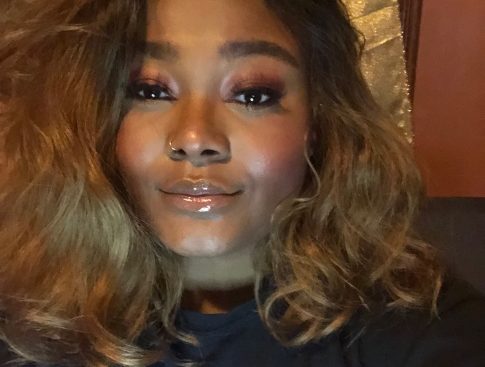By Makeda Toure, Project Specialist Esperanza United (formerly Casa de Esperanza)
In March, I took part in a 40-hour Sexual Assault Training hosted by the Minnesota Coalition Against Sexual Assault (MNCASA). Everything I have been thinking about since taking this training can be summed up into a 10-letter word: prevention. It’s a word I wish our society took a little bit more seriously instead of griping to rape culture with the jaws of life.
I believe my journey to this training started well before my journey at Esperanza United. I have spent much of my 20’s unlearning internalized transphobia, classism, whorephobia and misogyny/misogynoir. And the one conclusion I came to while working through this is that many of my biases, assumptions and prejudices were made from completely fabricated societal pressures. Not from experiences, violent interactions or even observation, these were society’s ideas about specific identities not inherently my own. I have gross memories when I’ve slut-shamed a friend or said something I regret regarding sexual assault, but instead of moving on I wanted to examine that further. How to examine further I was not quite sure at the time.
At Esperanza United, my role is not one where I directly work with survivors. A major part of my role is to support those who are interfacing with our community, whether they’re Esperanza United, co-workers, or grantees through our many programs. I find this work extremely valuable because I believe advocates need to feel supported in their roles. They interface with people at some of the most traumatic times and I feel it is my responsibility to understand and support this work. When the opportunity arose to take this training, I decided it was of interest and could increase my capacity! COVID-19 has made me thirst for learning opportunities. When approved to start the training we were instructed to do pre-work as an introduction to the training. That’s when I knew this wasn’t just something to take in as a learning opportunity. This was a new lens to move the internal work I had begun to do forward.
I don’t think I was nearly as prepared to learn and adjust my views on sexual assault than I realized I could be. The prework alone gave me an empowered feeling of education about a topic I had been too afraid to pull back the curtains on and address. #MeToo is such a powerful phrase because it gave me such a profound experience of community and togetherness. Not only with Black women who were suddenly being heard, but with all the survivors who never got to tell their story before. I was tasked to watch episodes of “Surviving R Kelly” and the documentary “Roll Red Roll” but the hardest part of the prework was getting through stories about our more vulnerable populations. This was all tied together perfectly by MNCASA’s webinar on restorative justice and prevention through working with perpetrators to stop them from assaulting other people.
I was blown away at the statistics on those who get help and their likelihood of reoffending. Society made me feel as if these issues weren’t something that people could face, or if people did face them, that they wouldn’t get better. I learned how dangerous these assumptions to prevention are because it puts a barrier up instead of having honest discussions about sexual assault in our communities. MNCASA deserves their roses for putting together such a strong training during the uncertain times of COVID-19 and quarantine. Much of the actual training was spent learning more information about populations, legal matters, and roleplaying situations on the impacts of sexual assault . These tools were especially important for me to know about. As I mentioned much of my role is not survivor-facing but I now feel much more prepared to support my co-workers who are, because of MNCASA’s training.
Prevention is more than a term for me now. My passion is to spread this work to my friends, my family, and particularly my nephew. I want him to grow up in a society that doesn’t force him to do so much unlearning and unpacking, to be a person with awareness of intersectionality, and more. Our young people deserve to grow up in a society that is free from violence, and young women of color deserve to be protected in their communities. If you are reading this, my action item for you is to be just as upset when children of color are exposed to violence as we are when white children are. To speak up for marginalized communities and rally around them just as hard you do for white communities. I hope women like Tarana Burke get their cover shoot exclusives and not just the white people that repeat our battle cries. Dismantling white supremacy is necessary in creating a society without violence. Undoing internalized racism, prejudice, biases, transphobia, whorephobia, classism and misogyny/misogynoir is vital to our work. Prevention is full-scale and requires more than one focus. Join us in our work to end gender based violence and be a part of positive societal and community change.
